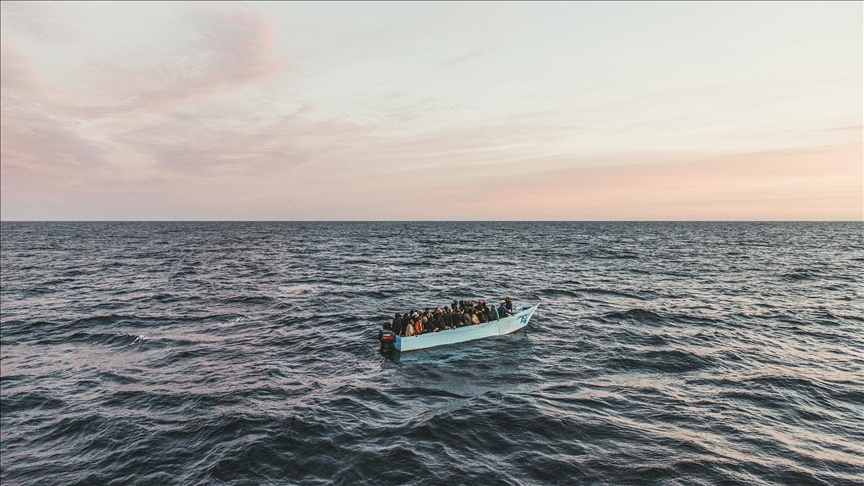
Senegal’s migration policy under scrutiny after tragic boat sinking
The recent sinking of a boat off the coast of Mbour, Senegal, has highlighted the growing problem of irregular migration in West Africa.
Your go-to source for in-depth coverage of political developments, economic trends, social affairs, and vibrant cultural stories from across the continent.

Senegal’s migration policy under scrutiny after tragic boat sinking
Despite the tragedy, many Senegalese continue to risk their lives in attempts to reach European shores, raising questions about the effectiveness of Senegal’s migration policy.
While arresting would-be migrants is necessary to combat smuggling networks, it seems insufficient to address the root causes of the problem.
Repressive measures appear to shift the issue rather than eliminate it.
As more people attempt perilous journeys across the sea, the Senegalese government is being urged to clarify its stance on migration.
Just days after the boat capsized, killing at least 39 people and leaving dozens missing, authorities in Mbour arrested 30 individuals on September 14.
Among them were 20 Gambians and seven Senegalese who were preparing to undertake the dangerous journey to Europe via makeshift boats.
Despite the high risks, the tragic incident has done little to deter future attempts.
Moustapha Fall, president of the National Association of Migrant Partners, expressed his frustration, stating, “This is not a long-term solution.
It’s the government’s duty, but at some point, they have allowed it to continue,” he said in an interview with RFI.
Fall pointed out failures in Senegal’s security operations, questioning why authorities have not been more effective in preventing such journeys.
“There is a dysfunction in the security forces,” he argued.
“With the resources our security forces have, they should be able to monitor our coasts and stop young people from boarding these boats.
These trips take at least a month to prepare.
I wonder where the intelligence services are.”
Fall attributes the migration crisis to the overwhelming despair felt by young people in Senegal and neighboring countries.
“This is not the first time such tragedies have happened,” he said.
“For the past three or four years, we have lost a significant number of young people swallowed by the sea.”
He called on the Senegalese government to take concrete action, saying, “The state must clearly define its migration policy and explain how it will address the frustrations of the youth.
Simply giving speeches won’t solve the problem. It won’t stop young people, because they are desperate.”
Senegal’s migration challenges are part of a wider crisis affecting Africa’s coastal nations.
On the northern end of the continent, Morocco is also facing severe migration pressures.
On Sunday, clashes erupted between hundreds of migrants and Moroccan security forces as they attempted to enter Spain via the Ceuta enclave.
Moroccan police, backed by their Spanish counterparts, resisted the wave of migrants seeking entry into Europe.
This regional migration crisis continues to put enormous pressure on both African and European governments, calling for urgent and comprehensive solutions.
I am an avid African news observer, and an active member of Daily Mail Africa.
I’m Passionate about staying informed on diverse topics across the continent,
I actively contribute to publishing on political, economic and cultural developments in Africa.